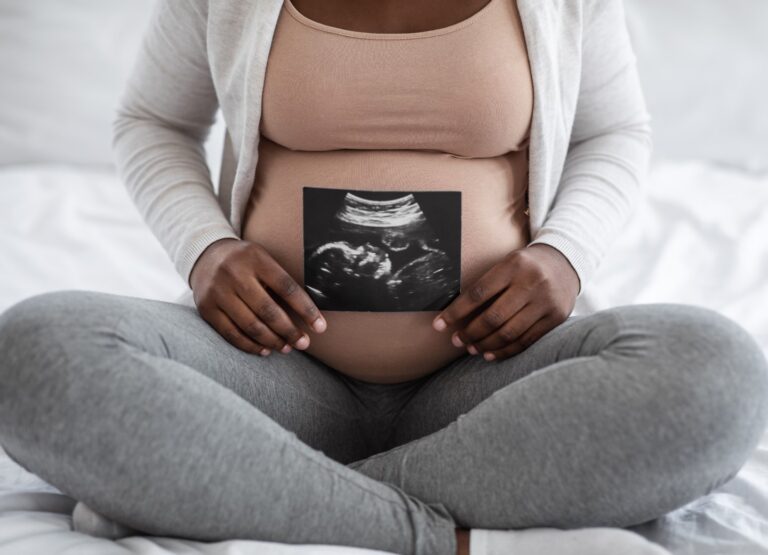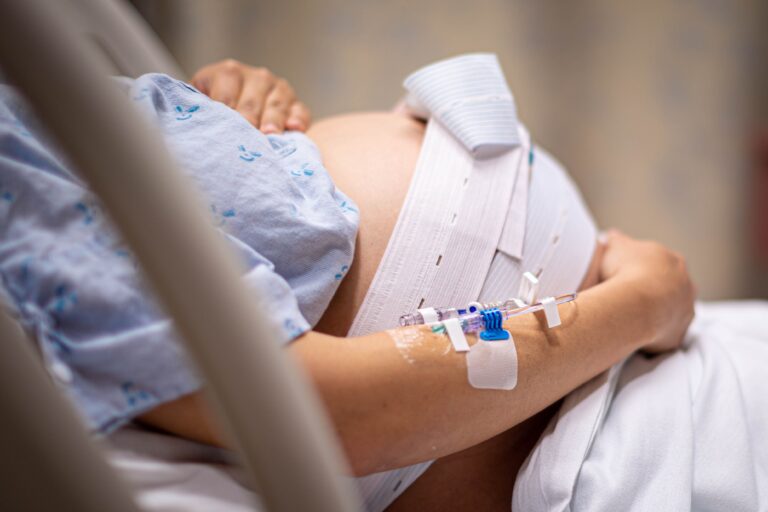Medical mistakes can have very serious consequences, and cause a great deal of distress to those affected. Bolt Burdon Kemp’s experienced team has a wealth of experience in dealing with claims for people injured as a result of negligent medical treatment , ranging from a misdiagnosis, negligence occurring during heart surgery, to a mistake being made when heart medication is prescribed.
If you think you or a loved one has been diagnosed with a heart condition and have concerns about your treatment, then please get in touch with our expert team for more information – your claim will usually be funded on a no-win, no-fee basis.
Symptoms and seeing your doctor
It is important that symptoms of potential heart problems such as chest pain, breathlessness, or heart palpitations, are investigated.
Patients often first attend their GP or local accident and emergency department when they develop symptoms that may be a heart condition. It is important that appropriate tests are carried out, which may include:
- ECG (electrocardiogram)
- Echocardiogram
- Blood test
- Chest x-ray and MRI scans
- Exercise ECG
- Angiogram
- Electrophysiological studies
- Doctors should make appropriate referrals to cardiac specialists. It is also important that doctors recognize symptoms of dangerous acute cardiac events, and that emergency care is provided if necessary.
Treatment
Various treatment options are available for heart conditions:
Medication
A variety of drugs are prescribed for different heart conditions. Doctors need to prescribe the correct dosage, consider any reasons why the drug may not be appropriate for a particular individual (contraindications), and monitor patients when drugs are started, stopped, increased or reduced.
Surgery
As with all operations, there are always risks associated with heart surgery, and patients should be told about frequent or serious possible complications when they consent to the procedure.
- A wide variety of heart operations are carried out, including:-
- Coronary bypass surgery
- Coronary angioplasty and stents
- Cardiac ablation
- Pacemaker surgery
- Heart valve surgery
- Heart transplant
- ICD (Implantable cardioverter defribrilator) insertion
Heart surgery should always be carried out by surgeons with the appropriate expertise and skill. It is important that appropriate equipment is available, monitoring of the patient is maintained throughout surgery, and that any issues are identified as soon as possible.
Care after surgery
Following cardiac procedures, particularly ‘open heart surgery’, it is essential that patients receive appropriate post surgical care, including admission to high dependency or intensive therapy departments where necessary. Close monitoring should take place during the critical post-operative period.
Children’s heart surgery
Children who have either an inherited or acquired heart condition may need surgery at a young age. There are a number of specialist children’s heart surgery units in England and Wales.
Unfortunately sometimes the worst happens, and a patient dies during heart surgery or shortly afterwards. We are experienced at working with and helping families to get the answers they need after the loss of a loved one. We will sensitively and tenaciously investigate whether there has been negligent treatment, and can assist you with any inquest.
Cardiac care negligence
Sadly, misdiagnosis and mistakes can happen in cardiac treatment. Our team of medical negligence specialists are on hand to give you expert advice.
Examples of problems include:-
- Misdiagnosis and mistreatment of heart attacks
- Negligent heart surgery
- Failure to diagnose a fatal cardiac arrhythmia
- Failure to transfer to a heart specialist where this is required
- Failure to diagnose diseases such as endocarditis, an infection of the heart
Of course, we recognise that money can never truly compensate you or your family for this, but it can make a big difference. A compensation claim will take into account any loss of earnings or other financial expenses that you have incurred because of the negligence.





















